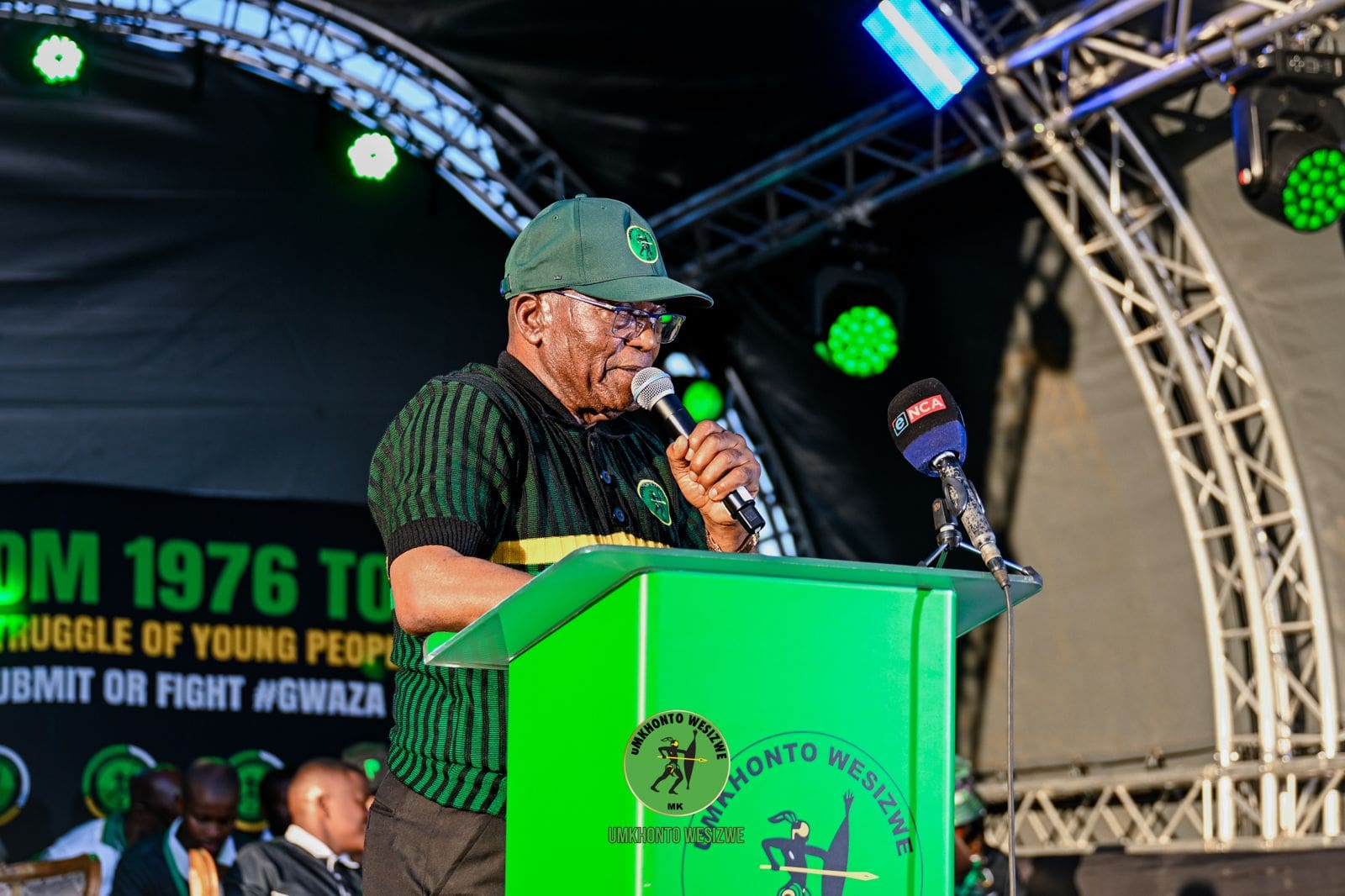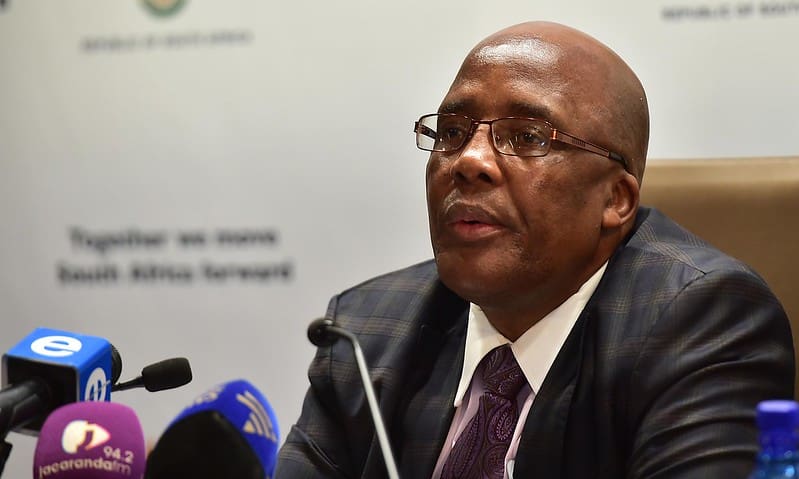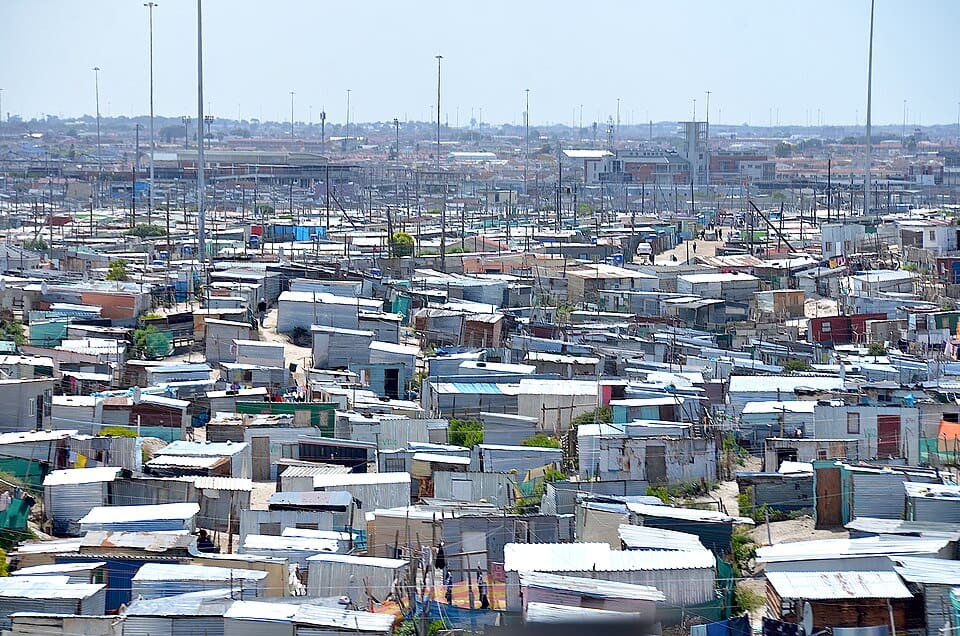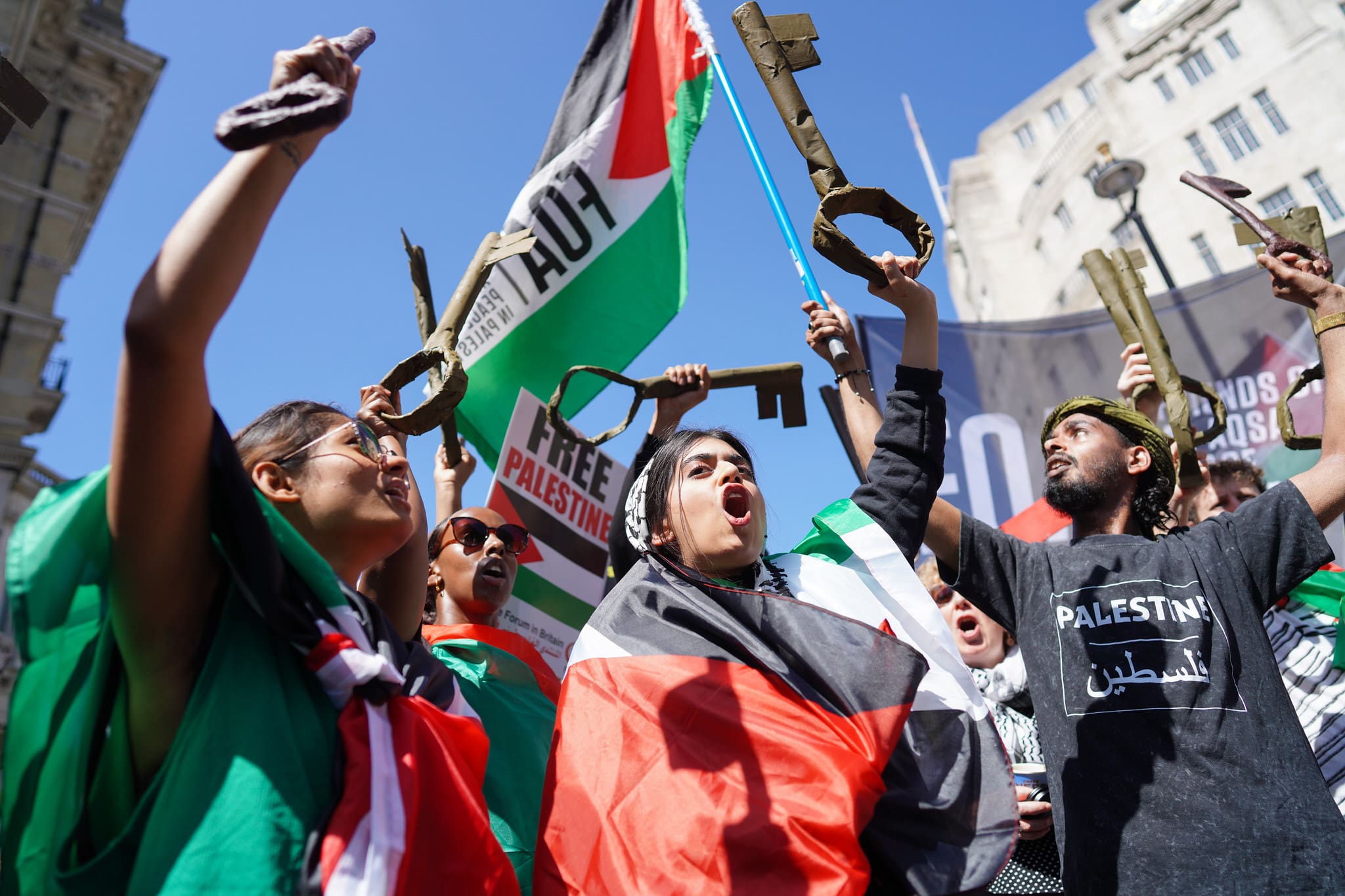The uMkhonto WeSizwe Party (MKP) burst onto South Africa’s political scene during the election, gaining surprising support and attention. However, it has been shaken by internal drama, such as Floyd Shivambu’s demotion and disagreements about Chief Whip Colleen Makhubele’s autocratic leadership.
explain spoke to political analyst Tessa Dooms to unpack the recent internal conflicts within the MKP and what they suggest about its future in politics. Dooms is also a founding member of Rivonia Circle, a think tank that helps people get more involved in politics.
1. In your view, what is causing the MK Party’s internal fights?
The MKP is, first and foremost, a new political formation, one that emerged in the lead-up to an election and arguably overperformed. It’s currently in a phase of figuring out how to operate as a fully-fledged organisation.
Because the party had little to no structure before the 2024 election, it’s now trying to define its internal politics, not just in terms of ideological positioning, but also in terms of how it will operate structurally. This includes decisions around leadership, organisational culture, and how it will engage.
There’s a scramble to fill positions simply because those positions are available. There’s no clear guideline on how members engage in internal contestation without weakening the organisation itself.
So really, the party is still in the early stages of establishing itself politically. The lack of structure is what’s creating space for power struggles within the party.
2. How have the recent leadership changes impacted the MKP’s unity and ability to function as an effective opposition party?
These changes have been interesting to watch. The MKP has had about seven secretaries-general in a very short period of time. Surprisingly, this hasn’t had a significant impact on its decision-making, for example, its decisions regarding contesting by-elections.
Despite the party being in a constant state of structural change and disarray, they still seem to be able to make decisions.
The internal uncertainty and instability don’t appear to affect the party’s ability to engage with society, and that, in itself, is quite interesting.
3. What continues to drive the MKP forward despite its internal instability?
From the beginning, MKP has positioned itself as a political opportunity: Jacob Zuma and others saw an opportunity to disrupt the political landscape at a time when the ANC was weak, and they took it.
They identified an opening in KwaZulu-Natal, where a large voter base was up for grabs, particularly one that could disrupt the ANC.
So, even though the party remains structurally unstable, it continues to seek political opportunities, and that’s a key reason it keeps going. It serves as a platform for individuals seeking to advance their political careers or enhance their chances of being elected.
Everyone is taking the opportunities available to them. Despite all the instability, the party remains active by participating in by-elections and engaging with society, because that instinct for political opportunity continues to drive it forward.
4. Can the MKP overcome its internal divisions and establish a strong, enduring political movement?
A good way to think about this is to examine the ANC. One of the factors that has sustained the ANC’s longevity, despite electoral decline, leadership disputes, and increasing factionalism, is political contestation. That contestation is actually something that keeps parties alive.
When there’s political competition, people who are invested in politics are often more drawn to those organisations because they see opportunities.
5. Could political contestation be a strength for the MKP, despite its instability?
Yes, that might be part of what keeps it going. If you look at parties like the African Transformation Movement or United Democratic Movement, they may appear stagnant partly because there’s no real contestation for power.
It’s clear to most people that leadership is unlikely to change. As a result, there’s less political interest in participating in those parties. In the MKP, it’s still evident that a contest for power is happening within the party. That sense of ongoing contestation may help keep the party going.
While internal fights and leadership battles raise questions about the MKP’s long-term future, its sharp political instincts are keeping it visible and active. Whether that energy can translate into a stable and enduring force remains to be seen.
Lona is a recent graduate with an Honours degree in Journalism and Media Studies from Wits University. Passionate about storytelling, she is eager to learn, grow, and hone her writing skills.
- Lona Sokanyilehttps://explain.co.za/author/lona/
- Lona Sokanyilehttps://explain.co.za/author/lona/
- Lona Sokanyilehttps://explain.co.za/author/lona/
- Lona Sokanyilehttps://explain.co.za/author/lona/





